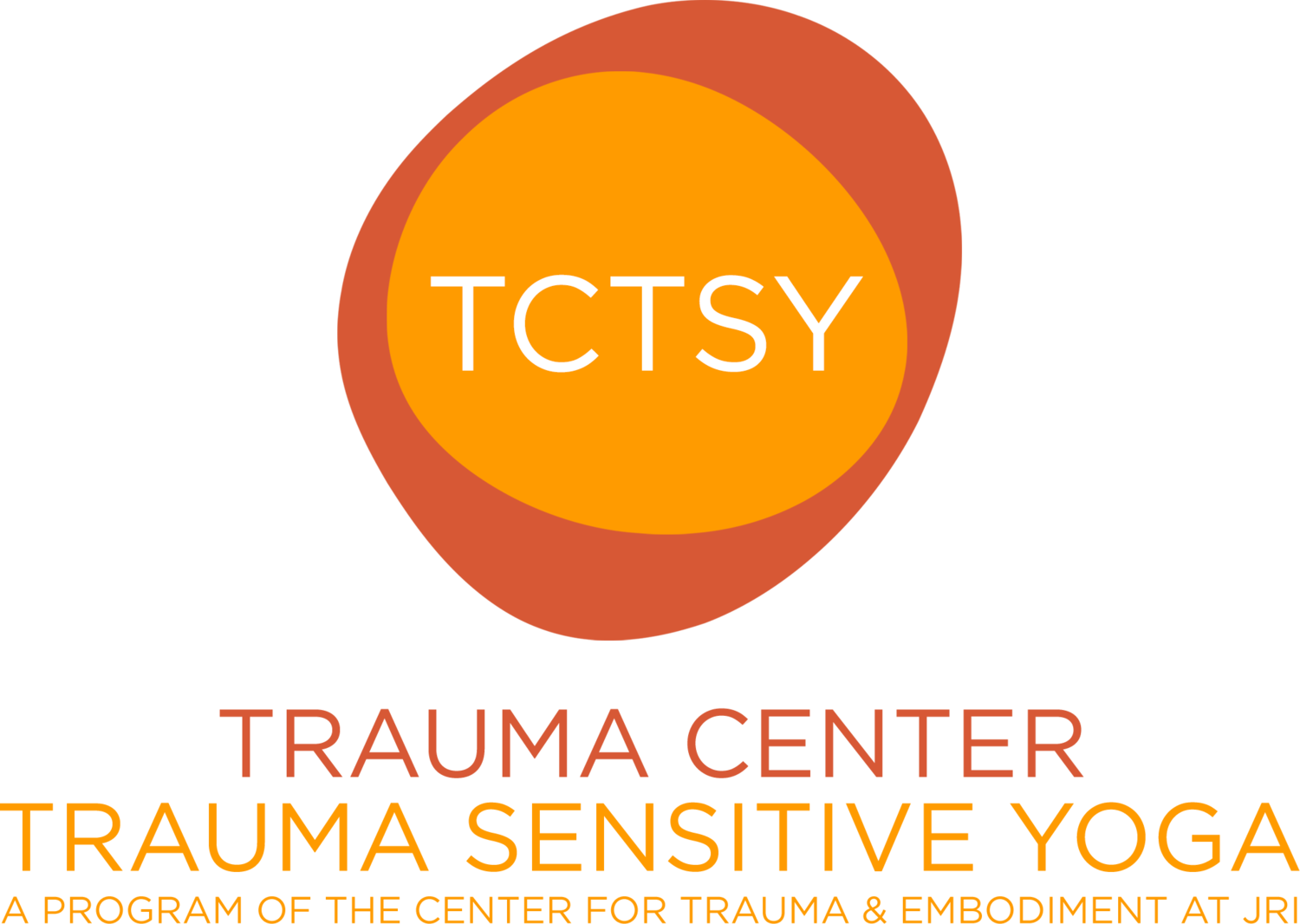Director’s Note: Can interoceptive awareness help transform public safety?
From CFTE Co-Director & TCTSY Co-Founder Dave Emerson:
In the United States, a consensus is forming that something is irretrievably wrong with our system of policing and, more fundamentally, how we envision and enact public safety. The calls for defunding the police and funding true public safety (resourced schools with counselors instead of police officers, vibrant green spaces and public parks, good food options available in every city to eradicate food deserts, social workers as first responders, housing and healthcare for all and more) are grounded in the reality that our over-militarized, hyper-violent police forces are enacting harm on people and communities they are supposed to be protecting and serving. If you are in trouble and you are afraid to call the police for fear they will harm you, something is dreadfully amiss.
As an organization that aligns itself with being trauma-informed and with a mandate to focus on the embodied experiences of healing, we find many points of intersection with this moment of awakening to the perils of policing as usual and the potential for something new.
One thing I’d like to highlight in this blog post is the research that connects empathy with interoceptive awareness. There are multiple studies over the past decade that associate higher interoceptive awareness (ability to feel your embodied experience) with increased capacity for empathy (Fukushima et al (2011); Mul et al (2018); Grynberg and Polatos (2015) Heydrich et al (2020)). The basic idea is that people with a strong and consistent felt sense of their embodied self are better able to “understand and share the feelings of another”, engage in empathy.
“If you are in trouble and you are afraid to call the police for fear they will harm you, something is dreadfully amiss.”
While there are surely many confounding factors that need to be addressed when it comes to what is currently the standard for our police force personnel (among them, a lack of trauma training, systemic racism and systemic white supremacy, over-militarization) it seems evident that a lack of empathy is also at play; that is, a lack of the capacity to “understand and share the feeling of another”. The fact that police officers shoot especially non-white children, for example, suggests an inability to empathize with their fundamental humanity - to sense themselves in the other. To this point, the research that connects increased interoceptive capacity with increased empathy points to one path forward.
What if all public safety personnel were trained in interoceptive awareness and were required to practice these skills regularly, especially when they are not engaged in kinetic interactions with the public? Can we imagine a public safety team that is skilled in sensing a fundamental human connection with the people they are charged with protecting and serving? How might that transform our experience of public safety? Such a person might be someone you would call if you needed help.



